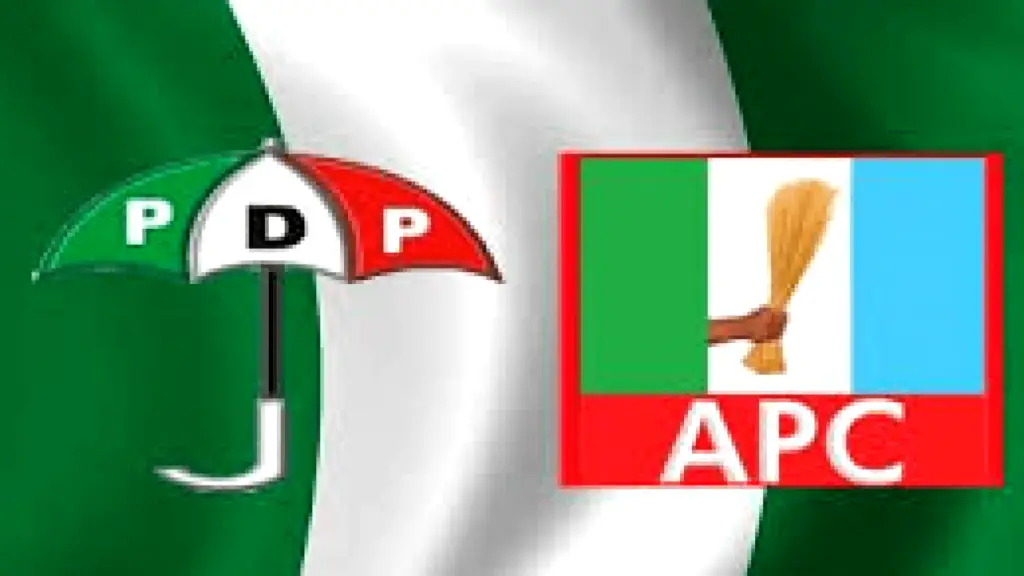By Perpetua Onuegbu
Abuja: (NAN)/Flowerbudnews: A civil society organisation, Centre for Credible Leadership and Citizens Awareness (CCLCA), has called for promotion of ideological coherence and review of Electoral Act to address frequent carpet crossing by politicians.
Executive Director of CCLCA, Dr Gabriel Nwambu, made this call in an interview with the News Agency of Nigeria (NAN) on Thursday in Abuja.
Nwambu attributed the recent gale of defections by some politicians and political office holders in the country to what he called stomach infrastructure.
He stressed the need for promoting political ideology among the political class, such that each political party would be noted for a defined value which members would strictly adhere to.
“In this country, there is the need for promoting ideological coherence among our leaders. Unlike in the West, what we have in Nigeria is more of a quest for stomach infrastructure.
“In the U.S., we have the Democrats, we have the Republicans. It is difficult for you to see someone defecting from Democrat to Republican. It’s very difficult, because the ideology (of each party) is stipulated.
“But here, it is more of stomach infrastructure. So ensuring that party policies and ideologies align with the interests of party members can reduce the temptation to cross-carpet,” he said.
According to him, the electoral act has specific provisions governing the conducts of political party members and the consequences of cross-carpeting.
“The 1999 Constitution of the Federal Republic of Nigeria (as amended) states very clearly that a member of a political party may only defect to another political party if there is a division within the original political party.
“In practice however, these laws have been both criticised and circumvented, resulting in instances of mass defection without adherence to legal stipulations.
“So reforming electoral laws to impose stricter penalties on cross-carpeting without just cause will help.
“Promoting the importance of respecting party loyalty can also deter deflections,” he said.
Nwambu listed some of the underlying issues leading to mass movement of party members and elected officials to include internal party conflicts, disenfranchisement of members, lack of internal democracy within political parties and leadership failure.
“When party members feel that their interests are not being represented, they may seek new affiliations which they believe better align with their political aspirations or provide better opportunities for advancement.
“Most political parties also don’t promote proper accountability, whereas promoting accountability within party leadership can build trust and ensure that leaders are responsible to the need of their constituents,” he said.
The executive director advised that apart from the measures put forward by political parties, they should also engage members on regular basis.
“There are political parties who don’t even engage their members with a view to getting feedback.
“The leadership of political parties should involve their members in decision-making processes to create a sense of ownership and belonging, thereby reducing the likelihood of deflection,” Nwambu said. (NAN)










